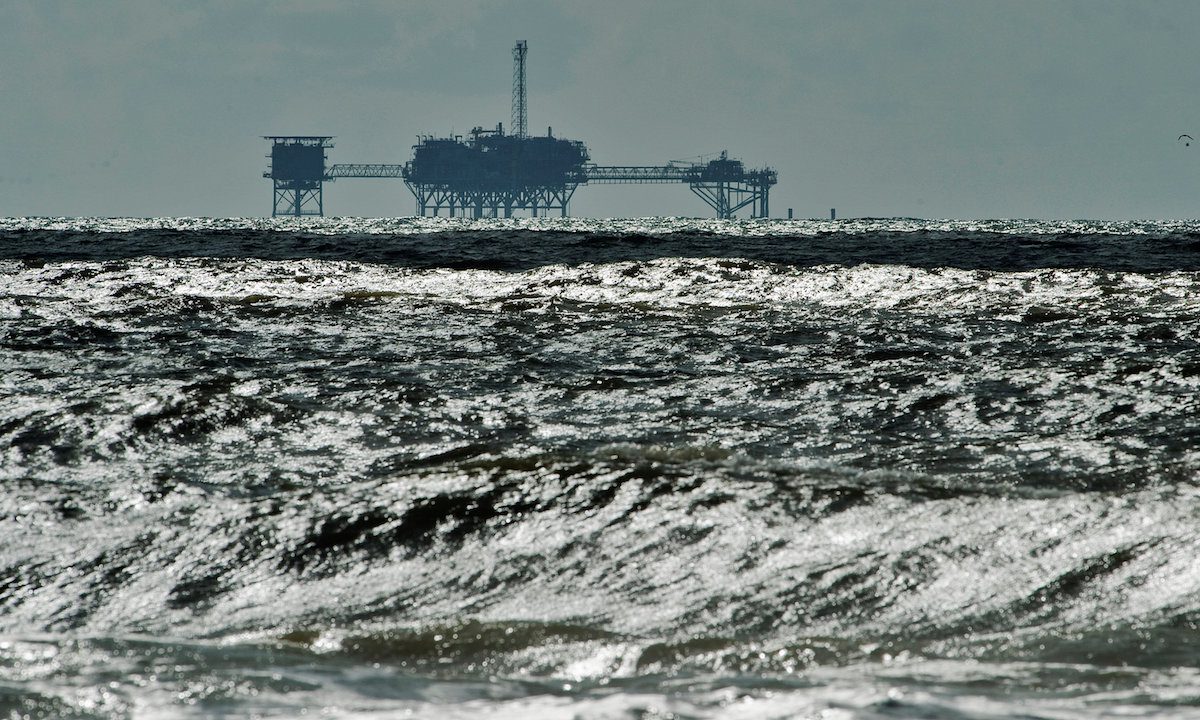The Senate took up the already-passed House bill but amended it, meaning the House must weigh in again.
The Senate has approved a bill (SB 1300) sponsored by Sen. Corey Simon, a Tallahassee Republican, that calls for limiting oil activity in certain environmentally sensitive areas.
Simon’s original bill called for a 1-mile block on those oil industry activities. During a Senate Rules Committee meeting last week, many lauded Simon’s efforts.
But critics charged that it should match a House bill (HB 1143), already approved on the floor of that chamber, that stipulates that oil activities can’t get closer than 10 miles of a national estuarine research reserve. The House bill was sponsored by Rep. Jason Shoaf, a St. Joe Republican whose House District 7 includes multiple counties in the Big Bend area along the northern Gulf Coast.
Simon compared the two measures during debate on the Senate floor Wednesday. He motioned for an amendment to adopt the 10-mile range, but only when applied to counties that are state-designated rural areas of opportunity.
The full Senate approved the amendment and then immediately passed the full Senate measure. But because the House bill was tweaked, it must now head back to the House.
Simon said the measure was long coming, especially for Panhandle counties that still haven’t fully recovered after the Deepwater Horizon oil spill of 2010.
The event specifically wrecked world-famous oyster industry activity in Apalachicola Bay. Simon said that is one of the main driving forces for the legislation.
“It closed down our bay and it decimated our community. We can’t have that. We can’t have that again,” Simon said on the floor of the Senate. “Our families are to struggle their way back. This (measure) will go a long way to making sure that Apalachicola will return back to its former self.”
The measure specifically states that it prohibits “drilling, exploration, or production of specified petroleum products within certain distance of national estuarine research reserves” and requires “the Department of Environmental Protection to consider certain factors when determining whether natural resources of certain bodies of water and shore areas are adequately protected from potential accident or (oil) blowout.”
Post Views: 0

